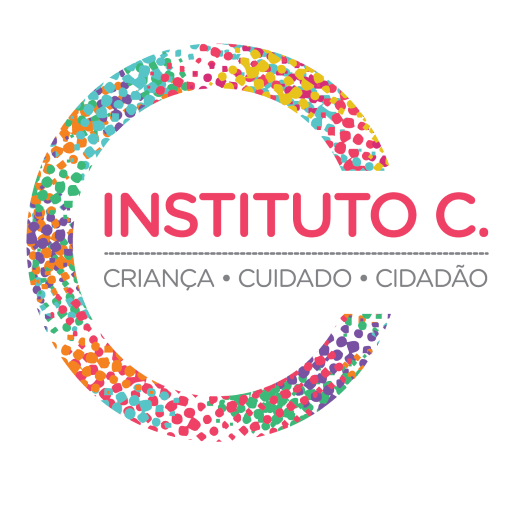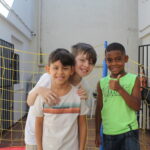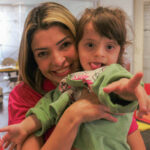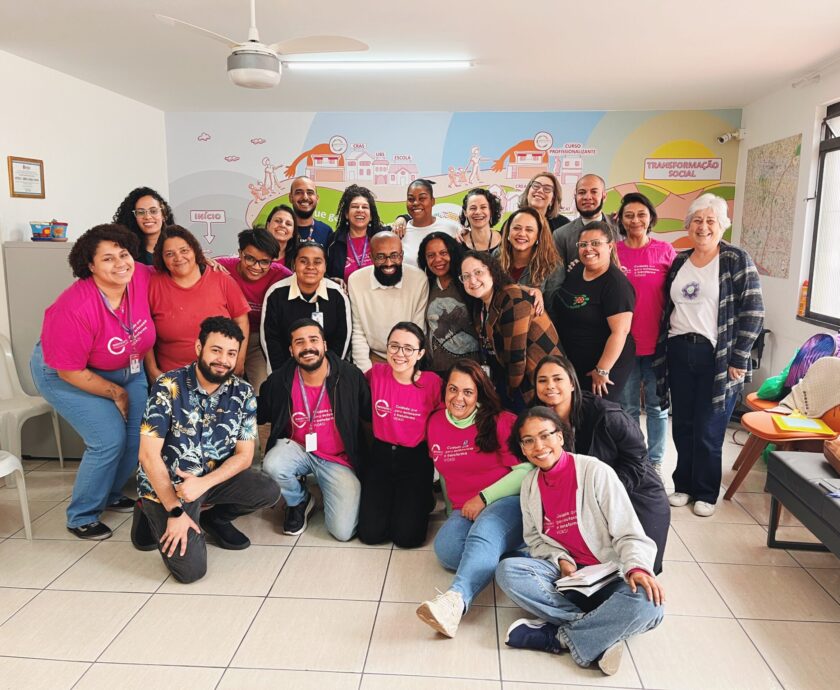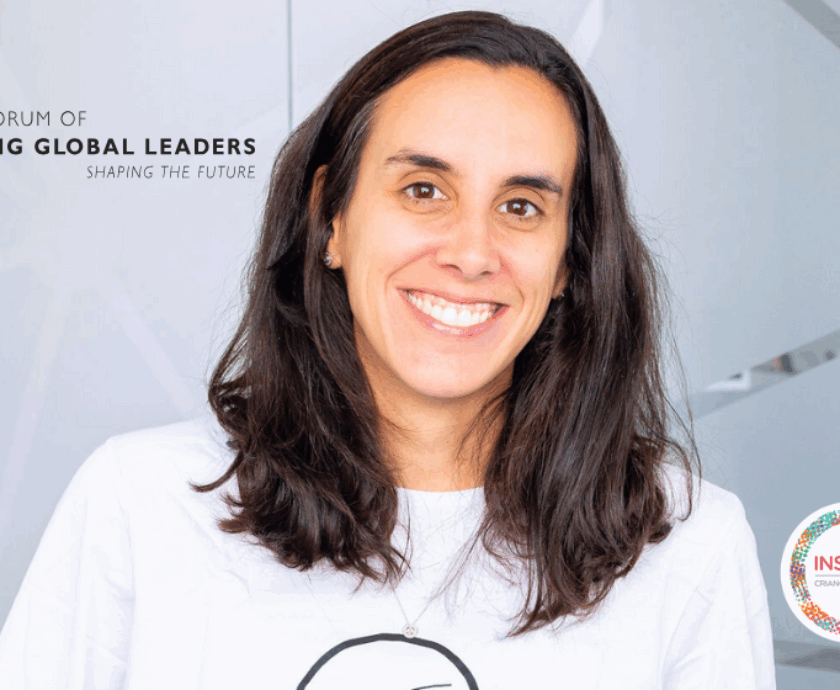Early childhood is a phase of life characterized as a crucial stage of human development. This period lasts until the age of six and is when children begin to develop many skills, such as motor abilities, language communication, and the ability to express emotions. In August, the color green symbolizes the fight for deeper discussions about early childhood and the importance of public policies during this stage.
Quality time with parents, access to healthcare, education, and nature are some of the key pillars during this phase. However, these aspects are often compromised by the lifestyle in large urban centers. In these environments, several factors can directly impact child development, as explained by Noaly Avenoso, psychologist at Instituto C:
“Excessive overstimulation, the stress of urban environments, and the lack of accessible services in health, education, and leisure for families living in more precarious conditions can hinder early childhood development.”
Despite its importance, early childhood still lacks the visibility it deserves. That’s why institutions like the Maria Cecilia Souto Vidigal Foundation, which work to promote early childhood development, are crucial allies in this conversation. “It’s a slightly better-known topic now, but we still see a need for it to be widely understood by society and public policy stakeholders so that it can be prioritized,” points out Karina Fasson, public policy manager at the foundation.
A City Designed for Childhood
During the first years of life, a child’s brain is developing and can make up to one million neural connections per second. This is the moment when the spaces children occupy must offer a safe and age-appropriate environment. In cities, this is still a work in progress—whether it’s in the form of playgrounds, play centers, or museums including children’s programming in their schedules.
“Children must be prioritized in the budget. If they are prioritized in public policy, they must be included in financial planning too,” explains Karina. She also stresses that cities should see children as individuals who require care across multiple areas—emphasizing the importance of intersectoral approaches.
In São Paulo, for instance, despite visible social inequalities, there are already initiatives aimed at strengthening early childhood development, such as the Municipal Plan for Early Childhood. This document sets goals like “making the city’s environment more welcoming for children aged 0 to 6” and “ensuring access to quality healthcare services for pregnant women and children from 0 to 6 years old,” with the objective of promoting a full, stimulating, and healthy early childhood for children in the municipality.
The plan also presents an overview of early childhood in São Paulo, showing that Brasilândia is one of the neighborhoods with the highest number of children aged 0 to 6. It is also where Instituto C’s North Zone Hub is located, where we work with families through services in education, income generation, psychosocial development, nutrition, health guidance, and rights advocacy.
It’s Important to Remember: Children Are Citizens Too
The most important point in making early childhood a priority is recognizing that children are also citizens, and many public decisions affect their lives. Despite progress over the years—especially since the creation of the Child and Adolescent Statute (ECA)—children living in socially vulnerable conditions still face challenges growing up without the necessary support.
Karina, from the Maria Cecilia Foundation, emphasizes that early childhood education must be treated as a top priority: “we need to ensure access to quality early education for all children, especially those already in vulnerable situations.”
In this context, the work of organizations like Instituto C serves as a tool to help families improve their children’s quality of life. As psychologist Noaly points out, our work strengthens the bond between families and their local communities. We prioritize access to information through guidance in health, education, psychology, and nutrition to understand each family’s unique reality and support their rights.
Support Networks in Early Childhood
In Instituto C’s day-to-day work, mothers are always present. We understand that caring for them is also essential to supporting their children’s development. That’s why we believe they need a strong support network—to care for their children and themselves at the same time. We provide this through our thematic support groups, where we address topics that are part of their daily lives and help strengthen their relationship with their children. This support network not only benefits the caregiver—it also makes a real difference in the child’s life.
When discussing early childhood in this context, we must highlight that access to daycare is essential both for children’s development and for building this support network. But it’s not just about offering a daycare spot, as Karina explains: “It’s not enough to have a spot. Early childhood education must integrate both care—which is fundamental at this life stage—and education, in an inseparable way.”
Working directly with families, our psychologist sees firsthand the impact of this support network in their lives:
“The support network is essential for early childhood in every aspect. Daycares and schools, beyond their educational role, also foster social, emotional, motor, cognitive, sensory development—and many other areas that, as the child grows, will make a significant difference in their lives,” concludes Noaly.
